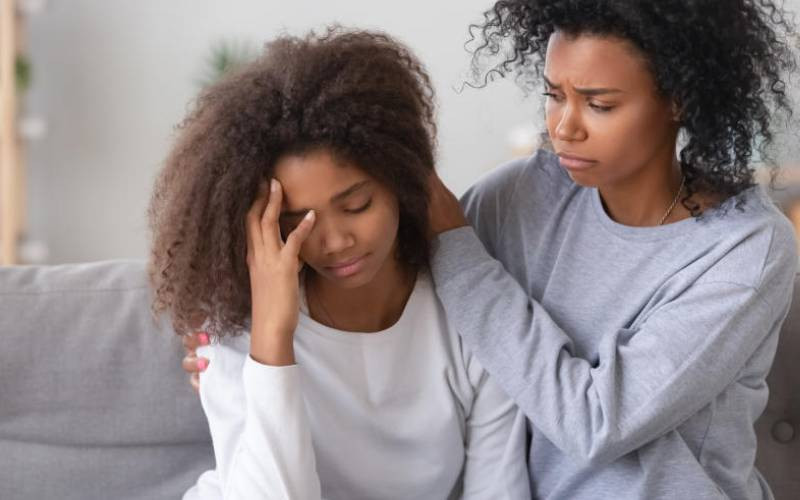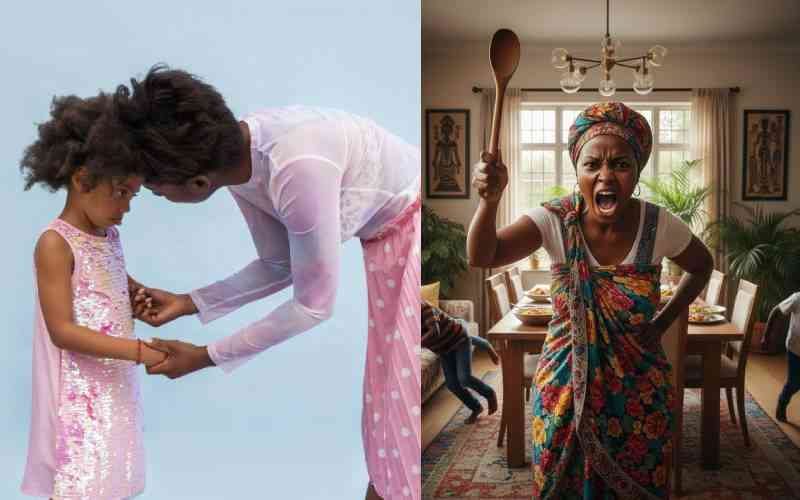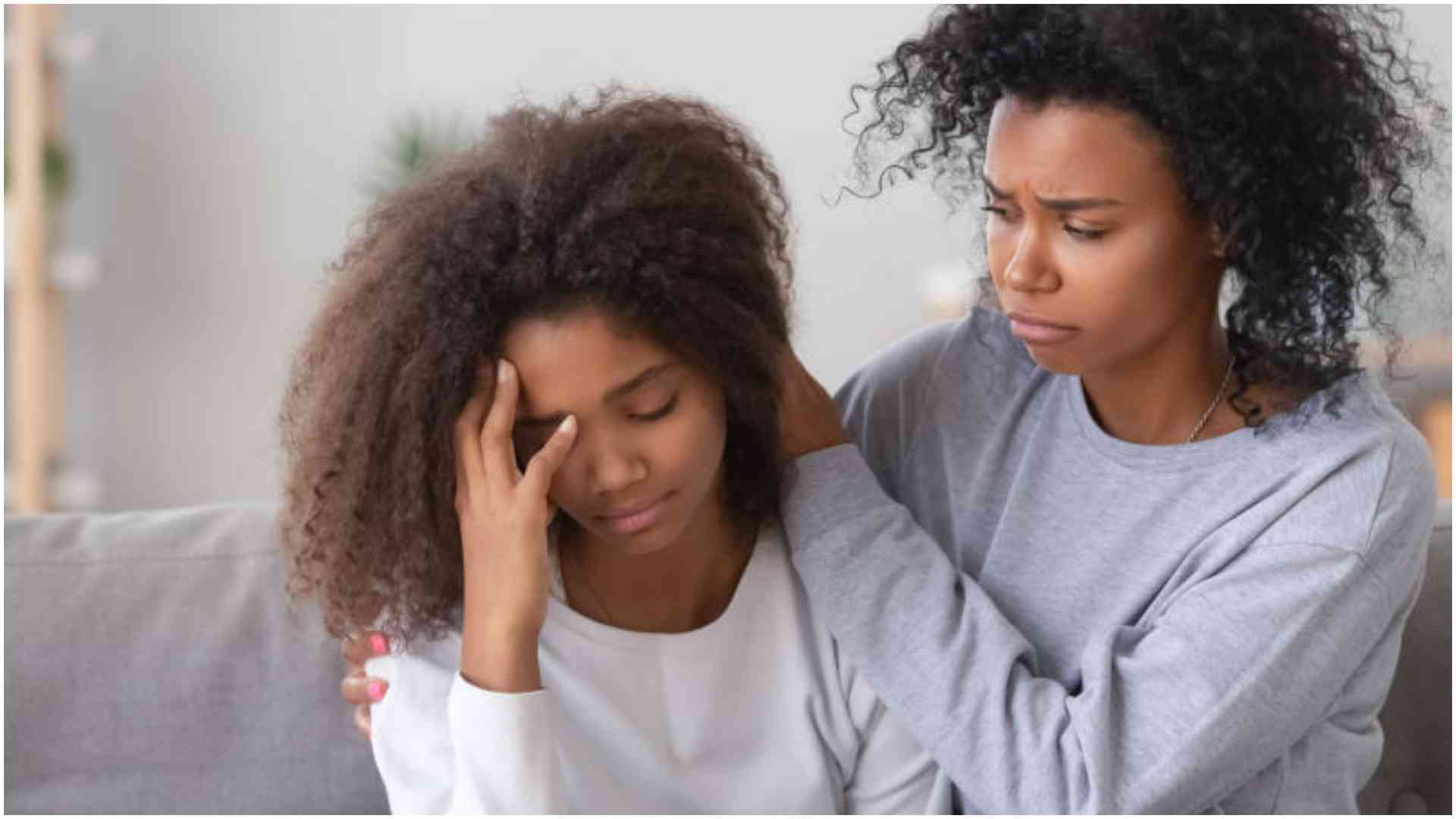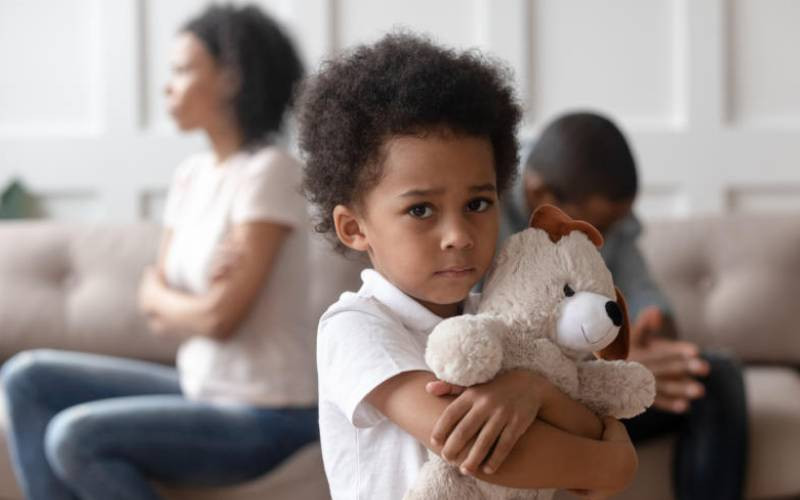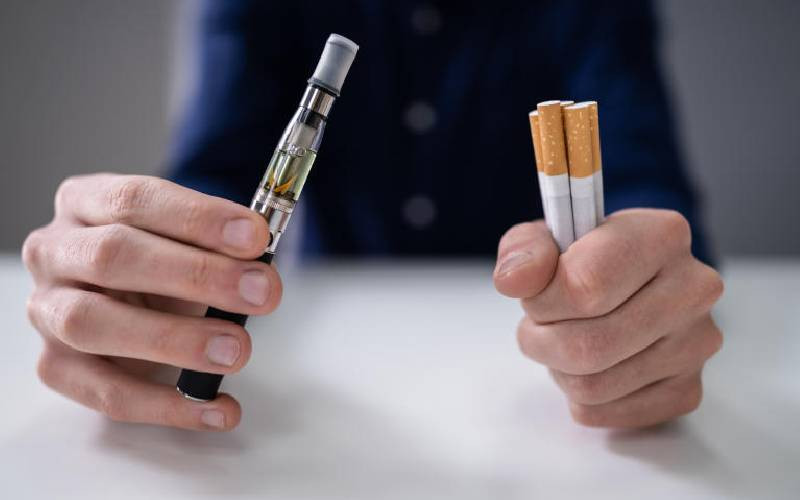
Few topics have parents obsessing as much as sleep.
Is my child getting enough? Why won't they nap? Is this another sleep regression?
The struggle isn't limited to babies' sleep (or lack thereof). Parents of toddlers all over the world are familiar with battling to get them to have an afternoon nap.
However, it could be time to scrap this ritual.

A study has found that toddlers over the age of two often suffered from poorer quality of sleep when they got older if they had napped during the day when younger.
The goal of the research was to discover a link between naps and a child's behavioural and physical health.
Researchers collected data from 26 studies which looked at napping in children under five-years-old.
The results were interesting.
A link was found which showed napping during the day could cause poorer sleep quality after the age of two.
Scientists revealed that daytime naps could result in long-term behavioural and health issues - including developmental delays and childhood obesity.
Professor Karen Thorpe from Queensland University of Technology told Kidspot: "Parents should not assume that day sleep and night sleep are the same and therefore by giving them a nap, they're getting more sleep, because that doesn't happen.
"Once they no longer biologically need sleep during the day all you're doing by making them nap is subtracting from night sleep because you disrupt it."
Single-sex schools: are they more effective than mixed ones? The Standard Group Plc is a multi-media organization with investments in media
platforms spanning newspaper print
operations, television, radio broadcasting, digital and online services. The
Standard Group is recognized as a
leading multi-media house in Kenya with a key influence in matters of national
and international interest.
The Standard Group Plc is a multi-media organization with investments in media
platforms spanning newspaper print
operations, television, radio broadcasting, digital and online services. The
Standard Group is recognized as a
leading multi-media house in Kenya with a key influence in matters of national
and international interest.

